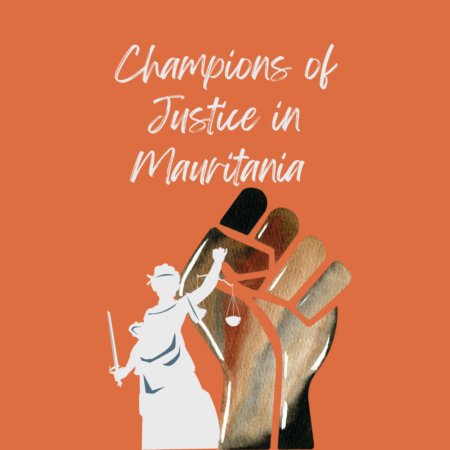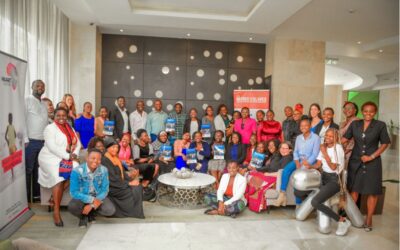
In Mauritania, a country where the shadows of poverty linger and the remnants of slavery still impact lives, a dedicated team of paralegals from Free the Slaves (FTS) are tirelessly working to shed light on the path toward justice and human rights. Through their relentless commitment, these paralegals are forging a way forward, demonstrating the power of legal advocacy and support in the fight against injustice.
Coumba Traore, a paralegal with FTS in Nouakchott South, outlines the challenging context in which they operate. Mauritania, one of the world’s poorest countries, has a high proportion of former slaves among its rural poor. The urban sprawl of Nouakchott has seen a demographic shift, bringing to light the acute challenges of illiteracy and a lack of awareness regarding citizenship and human rights.
The last three months have been a testament to the resilience and dedication of the FTS team in Nouakchott South. Their multifaceted approach included training, monitoring, support, and legal advocacy. Notable cases include the pursuit of justice for little Mohamed Ould Sidi, a three-year-old tortured by his father-in-law, and the ongoing struggle to find justice for a 16-year-old rape survivor.
The team’s efforts also extend to societal reintegration for youths exiting the carsec (a reintegration center for young offenders) and advocacy for victims of domestic violence. These paralegals have taken significant strides in training local organizations on gender integration in the justice sector and raising awareness about modern slavery—a concept still unfamiliar to many.
Despite their successes, the team faced financial, technical, and logistical hurdles, compounded by corruption and a lack of cooperation from authorities. Yet, their commitment remains unwavering, with plans to continue raising human rights awareness and combating modern slavery.
Babou Abdou Gora’s report from Nouakchott West mirrors the complex landscape of human rights work in Mauritania. The focus here is on rectifying injustices and empowering the youth and women through awareness and education on citizenship, democracy, and the importance of schooling.
Babou’s narrative includes the poignant case of Madjiguène Teuw, a student whose future hung in balance due to bureaucratic hurdles in obtaining an identity document. His proactive approach also shed light on the disturbing trend of authorities silencing families of victims, as seen in the case of activist Souvi’s family.
Despite logistical limitations, Babou’s grassroots efforts in conducting door-to-door awareness campaigns highlight the importance of community engagement in fostering change. His work exemplifies the critical role of paralegals in navigating the maze of legal and societal challenges to advocate for the marginalized.
The release of Cheikh Baye Diallo, wrongly accused of phone theft, signifies the tangible impact of FTS’s work in the community. Such victories not only restore individual rights but also strengthen the community’s trust in the possibility of justice.
Coumba Traore and Babou Abdou Gora, along with their colleagues, embody the spirit of perseverance and hope. Their backgrounds in activism, education, and human rights have equipped them to be formidable advocates for those silenced by injustice and ignorance.
Their reports are not just documents; they are narratives of resilience, compassion, and the relentless pursuit of justice. As FTS continues its mission, the work of these paralegals serves as a beacon of hope, guiding Mauritania toward a future where human rights and dignity are upheld for all.
In a world often indifferent to the plight of the vulnerable, the paralegals of Free the Slaves remind us of the power of solidarity, courage, and the unwavering belief in the possibility of change.

